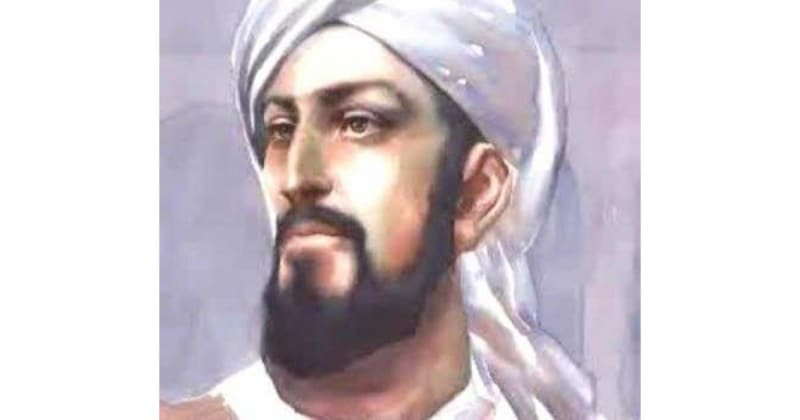Ismail al-Jazari is a name that often comes up in discussions about the history of engineering and technology. His innovative mind and exceptional skills made him a legendary figure in the world of mechanical engineering. In this blog, we will explore some interesting facts about Ismail Al-Jazari's life and work, and delve into the fascinating world of his inventions.
Al-Jazari was born in 1136 in the city of Cizre, which was part of the Artuqid dynasty in Upper Mesopotamia. He grew up in a time of great intellectual ferment, with the Islamic Golden Age in full swing. As a young man, he showed a keen interest in science and engineering, and soon began to develop his own ideas and inventions.
One of the most remarkable aspects of al-Jazari's work was his book "The Book of Knowledge of Ingenious Mechanical Devices". This book was written in Arabic and described the design and construction of over 100 mechanical devices and automata. It was widely read throughout the Islamic world, and later translated into Turkish and Persian. The book had a significant impact on the development of automata and mechanical engineering in Europe during the Renaissance.
Among the many devices described in his book, some of al-Jazari's most famous inventions include the first known programmable humanoid robot, the Elephant Clock, and the Scribe Clock. The Elephant Clock was a highly sophisticated timekeeping device, featuring an elephant that sprayed water from its trunk onto a rotating wheel. The Scribe Clock featured a rotating drum with movable figures that wrote the time in Arabic numerals.
Aside from his mechanical inventions, al-Jazari was also a skilled hydraulic engineer. He designed several water-raising machines, water clocks, and fountains. His works were not only practical but also aesthetically pleasing, with intricate designs and decorative elements that were often inspired by Islamic art and calligraphy.
Al-Jazari worked for the Artuqid dynasty as their chief engineer and held various other positions in the royal court. He was a devout Muslim and a member of the Hanbali School of Jurisprudence. His inventions were influenced by the works of previous Muslim and Greek engineers, including Banu Musa, Archimedes, and Hero of Alexandria.
Al-Jazari's legacy continues to inspire contemporary engineers and inventors. His works can be found in museums and exhibitions around the world, and his innovations have paved the way for modern technology. His life and work are a testament to the incredible potential of the human mind, and his contributions to the field of mechanical engineering will continue to inspire generations to come.
In conclusion, Ismail al-Jazari was a true polymath, a man of exceptional intellect, and an inventor whose ideas were ahead of their time. His contributions to the field of mechanical engineering were groundbreaking, and his legacy continues to inspire engineers and inventors today. We can only imagine what other marvels he might have created had he lived in our time, with access to the technology and resources that we have today.




Top comments (0)